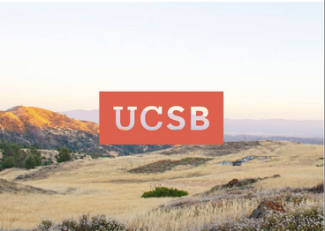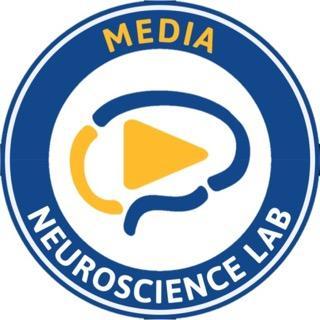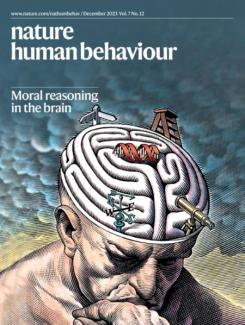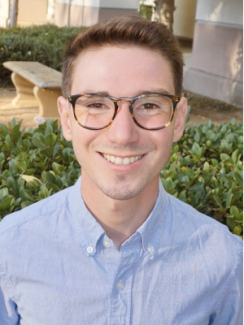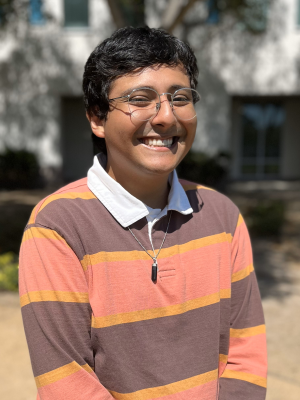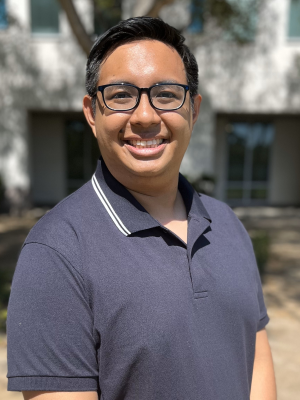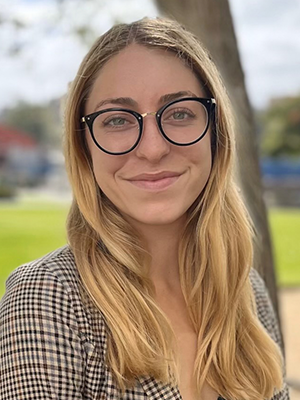The Department of Communication at the University of California, Santa Barbara invites applications for a tenure-track assistant professor position in the area of Latina/o/x/e-centered communication research. The Department seeks to hire a scholar who conducts theory-driven, culturally-informed, applied research on communication processes centering Latina/o/x/e communities. We desire candidates whose scholarship complements or extends at least one of the department’s three core areas in interpersonal and intergroup communication; media and digital communication; and organizational and group communication, as well as any of our cross-cutting emphases in health, community engagement, family, science, environmental, political, or global approaches to communication. We welcome a wide range of empirical approaches to research, including qualitative, quantitative, and/or mixed methods. The ideal candidate would further strengthen the department’s relationship with, for example, the Chicano Studies Institute, the Migration Initiative, the Center for Information Technology and Society, the Orfalea Center for Global & International Studies, or the Bren School of Environmental Science & Management. The candidate would connect with UCSB’s vibrant group of scholars who are deeply committed to engaging in research, teaching, and service that uplifts Latina/o/x/e communities. As a Hispanic-Serving Institute with a large Latina/o/x/e undergraduate student population (~28%), candidates are expected to have expertise or demonstrated commitment to providing inclusive and equitable teaching and mentoring to students from Latina/o/x/e communities; knowing, understanding, and challenging the systemic barriers that Latina/o/x/e communities face in higher education and in the discipline; and engaging in service at the department, university, and/or disciplinary levels that prioritizes Latina/o/x/e communities.
See the full job ad at:
https://recruit.ap.ucsb.edu/JPF02580

